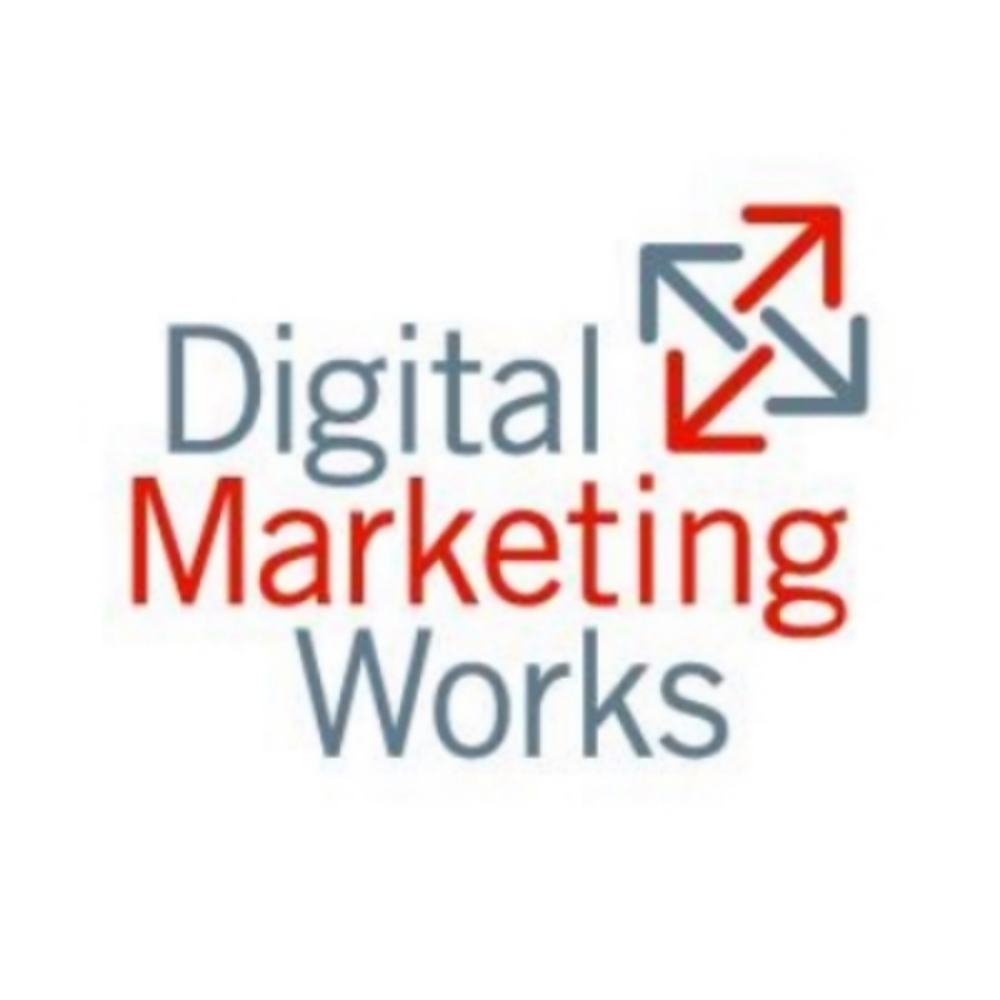Facebook Graph Search and Local Intent
/
It seems that Facebook’s new Graph Search could be poised to be a true threat to Google, Yelp, and Foursquare. By providing search functionality that will let you find friends who have been to (and enjoyed) relevant restaurants, hotels, and other destinations, it is likely that many consumers will prefer to rely on Social Graph information instead of the more anonymous user generated content that comes from other platforms like Google+ Local.
A typical interaction with the new Graph Search will go something like this: I will be travelling to San Francisco and will want restaurant recommendations. Facebook will provide search results for restaurants that friends (and friends of friends) have been to. The results will include standard details (like hours), plus basic review and map functions. I might see a few photos of friends at the restaurants and read quick bits of feedback like "Love the lasagna here!". If you're looking for specifics on Graph Search (with an angle on hospitality) here's a good summary.
A key takeaway is that Facebook's new search functionality will enable intent-based searches. It is intent-based search that has made Google its fortunes, and I expect that Facebook will see significant revenues from this new feature, too. Intent-based search is especially important for Facebook because it gives them a revenue-generating path for mobile, which until now has been a notable weakness of the social giant. Graph Search data could also enable an opportunity for Facebook (and digital marketers) where advertisers would be allowed to add Graph Search data to their own cookie data to hyper-retarget users and achieve (presumably) great returns.
While the intent-based searches that Graph Search will enable are vitally important to Facebook, I think it is only half of the equation. The other half of the equation is "Actionable Data". Actionable Data includes...
While the intent-based searches that Graph Search will enable are vitally important to Facebook, I think it is only half of the equation. The other half of the equation is "Actionable Data". Actionable Data includes...
- Structured search results that can be filtered
- Formal ratings (eg: four out of five stars)
- Immediate link to map locations and supporting functions like navigation from current location.
- A What's Near Me functionality (related to maps)
- Commerce and Coupon solutions
My immediate concern is that the results from Facebook's Graph Search will be fun and engaging, but still too mushy to help complete a given task or directly inform a decision. Not all interactions have a specific task, of course. Simply browsing and connecting with friends and brands is a valid user activity. But, Google (especially via Google Now) is now increasingly focused on "task completion" and therefore making itself increasingly (almost intuitively) useful. Foursquare has made big strides in this area, too, and Yelp has always done very well in this category.
Until Facebook figures out the second half of this equation, I believe that the potential of Graph Search to serve dining and hospitality verticals (along with most of the rest of the Walk-in Economy) will not be realized. Specifically, Facebook must compliment their Graph Search with robust map, review, and commerce functionality -- all of which is (in my opinion) in its infancy at this point. More challenging still, Facebook will have to provide these services with a user experience that is so good that users will prefer to load the Facebook app instead of using similar functionality that is native to mobile operating systems (ie: Apple Maps and Android Maps and Search functions). In my mind, that's a high bar.
I'm also interested in how/if Facebook will pursue anything related to professional or formal reviews. I think Google has been savvy on this front, by balancing their growing UGC with formal content from Zagat and Frommers. Not only is that content sticky (and good for seeding further good UG content), it can also offer a potential “grownup voice” in a space where lots of UGC can sometimes seem chaotic.
As a final point, we should remember that our social graphs are not necessarily a straight shot for representing our own consumer preferences. This is especially true in Facebook, I think, because it is hard to categorize various friends and tell Facebook that the "family" group does not represent my tastes as well as the "tight friends" group. Google, again, seems to be countering this by enabling a new "people like you" feature that recently started showing up on the Android platform.
What This Means for Brands
Until the service is out in the wild, details will remain fuzzy. We can be sure of at least this much, however:- Graph Search will absolutely improve the potential for Facebook to drive awareness and traffic to your digital assets
- Brands will want to further leverage strategies that we have outlined here for driving User Generated Content and Employee Generated Content. These strategies will "feed the graph" and improve your exposure through Graph Search
- Brands should continue to define best practices for measuring assisted conversions and other actionable metrics for social channels
- Agencies should be recommending greater experimentation within the Facebook Exchange and native Facebook ads
To sum up my initial thoughts on Graph Search, I believe it is an important step forward for Facebook and its huge user base. Graph Search will enable Facebook to become a superb resource of photos, video, and other content. Whether access to this content can be conveyed and leveraged into actionable data remains to be seen. Facebook has the basics covered and certainly has the ability (and resources) to improve, but let's not confuse yesterday's announcement with a fully realized platform that might still be a few years in the making.
By Aaron Zwas -- Director of Emerging Technologies at Digital Marketing Works



